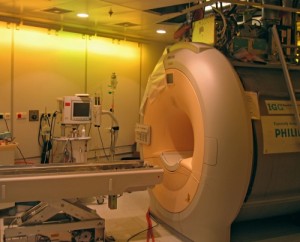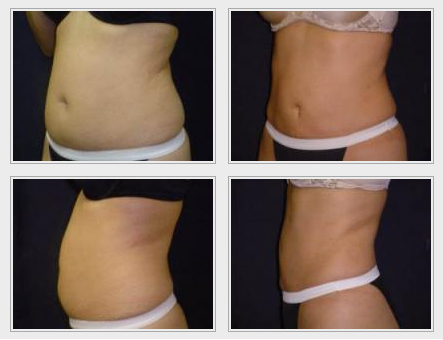 The FDA’s strong recommendation that regular MRI scans are necessary for women with silicone breast implants in order to detect ruptures may be based on inflated statistics, according to a recent study in Plastic and Reconstructive Surgery.
The FDA’s strong recommendation that regular MRI scans are necessary for women with silicone breast implants in order to detect ruptures may be based on inflated statistics, according to a recent study in Plastic and Reconstructive Surgery.
While MRI, or magnetic resonance imaging, remains important in detecting ruptured implants, the official statistics seem to be based on flawed assumptions that may overestimate the machines’ accuracy.
The FDA’s statistics include many cases in which ruptured implants were discovered in part due to women displaying the symptoms of ruptures. A research team, led by Dr. Jae W. Song of the University of Michigan, questioned whether the MRIs or the symptoms were actually responsible for the diagnosis. The team found that MRIs are 14 times more likely to detect ruptured implants in women displaying symptoms than in women without any symptoms, and concluded that the reliability of MRIs for rupture screening may be significantly lower than the official statistics indicate.
Dr. Song and colleagues argue that this poses some problems for current rupture screening practices. Since silicone implants have an average lifespan of 10 years, “the benefits of screening within the first 10 years are unclear, and the effectiveness of such a screening program warrants further investigation.”
While the study authors don’t suggest that MRIs are inaccurate when it comes to detecting breast implant ruptures, they do argue that there should be further research into the effectiveness of different screening regimes. MRIs are very expensive pieces of equipment and there may be better, more cost-effective ways to test for silicone breast implant ruptures.
Silicone breast implants have had a somewhat rocky history since they were invented in the 1960s. The FDA banned them for several years until it was conclusively proven by a number of studies that implants had no connection to any disease or disorder. They were restored to the general market five years ago and have regained their popularity, especially with the advent of cohesive silicone gel.







